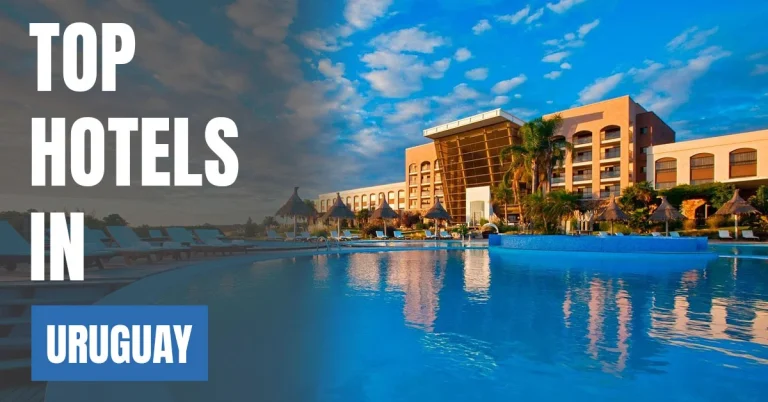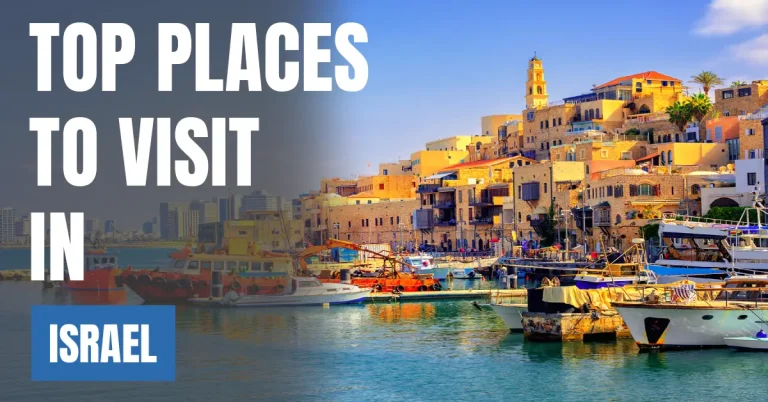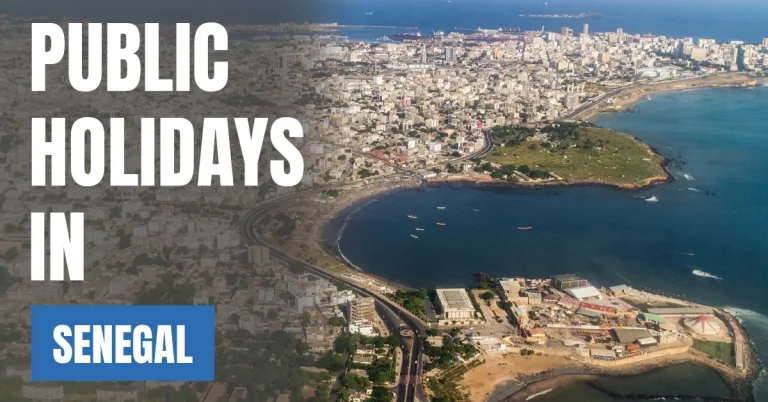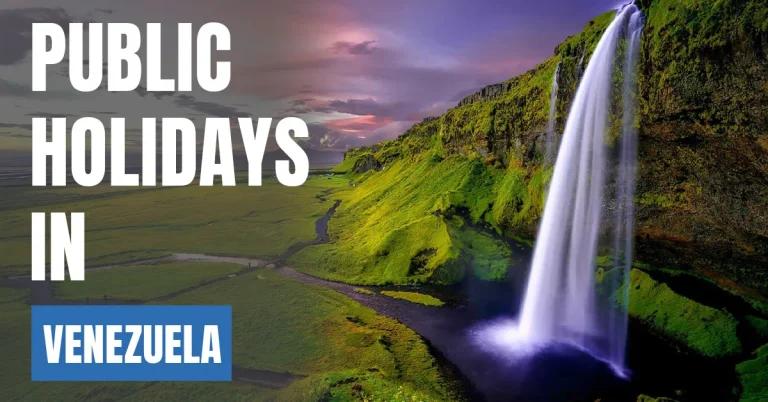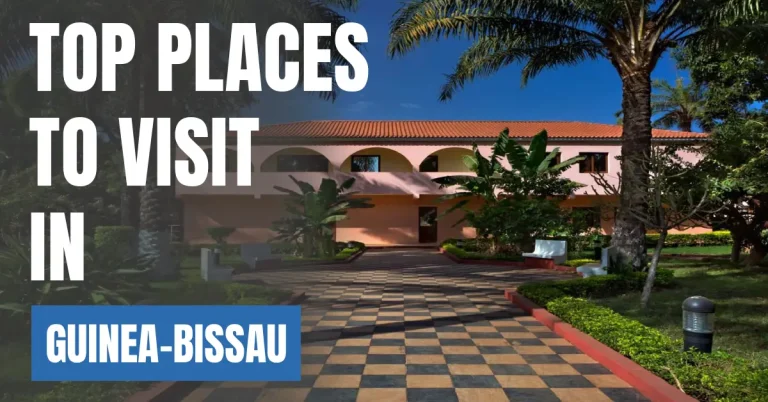Public Holidays in Burkina Faso 2026 – Islamic, Christian & National Days

Burkina Faso observes a rich mix of public holidays shaped by its cultural diversity, Islamic and Christian traditions, and deep national identity. These holidays bring communities together for prayer, celebration, and remembrance, making them ideal times for family gatherings and travel across the country. Many locals also use long breaks to explore popular destinations in Burkina Faso or plan weekend stays at top hotels such as those listed under Best Hotels in Burkina Faso.
Overview of Public Holidays in Burkina Faso
Public holidays in Burkina Faso include national commemorations, Islamic religious festivals, and Christian observances. While events like Independence Day and the Proclamation of the Republic recognize key national milestones, holidays such as Eid al-Fitr, Eid al-Adha, and Christmas honor the country’s religious harmony. During extended breaks, many families take the opportunity to travel, with some even visiting nearby destinations like Ghana, Mali, or Niger.
List of Public Holidays in Burkina Faso (2026)
| Holiday | Date (2026) | Day | Significance |
|---|---|---|---|
| New Year’s Day | January 1 | Thursday | Marks the beginning of the new calendar year. |
| Revolution Day | January 3 | Saturday | Commemorates the 1966 uprising that shaped the nation’s political history. |
| International Women’s Day | March 8 | Sunday | Celebrates the achievements and contributions of women nationwide. |
| Eid al-Fitr (Korité) | March 20* | Friday* | Marks the end of Ramadan; celebrated with prayers and feasts. |
| Labour Day | May 1 | Friday | Honors workers and the national labor movement. |
| Ascension Day | May 14 | Thursday | Christian holiday marking the ascension of Jesus Christ. |
| Eid al-Adha (Tabaski) | May 27* | Wednesday* | Commemorates Prophet Ibrahim’s devotion and sacrifice. |
| Independence Day | August 5 | Wednesday | Marks independence from France in 1960. |
| Assumption Day | August 15 | Saturday | Christian observance honoring the Virgin Mary’s assumption into heaven. |
| All Saints’ Day | November 1 | Sunday | Remembrance of Christian saints and martyrs. |
| Proclamation of the Republic | December 11 | Friday | Celebrates the establishment of the Republic of Upper Volta in 1958. |
| Christmas Day | December 25 | Friday | Christian celebration marking the birth of Jesus Christ. |
*Islamic holidays are tentative and subject to moon sighting.
List of Public Holidays in Burkina Faso (2025)
The following are the official and expected public holidays for 2025, retained for reference as the year is still ongoing.
| Holiday | Date (2025) | Day | Significance |
|---|---|---|---|
| New Year’s Day | January 1 | Wednesday | Marks the beginning of the new calendar year. |
| Revolution Day | January 3 | Friday | Commemorates the 1966 uprising. |
| International Women’s Day | March 8 | Saturday | Celebrates women’s rights and contributions. |
| Eid al-Fitr (Korité) | March 31 – April 2* | Monday – Wednesday* | Marks the end of Ramadan. |
| Labour Day | May 1 | Thursday | Honors workers nationwide. |
| Ascension Day | May 29 | Thursday | Christian observance. |
| Eid al-Adha (Tabaski) | June 7 – 10* | Saturday – Tuesday* | Major Islamic celebration. |
| Independence Day | August 5 | Tuesday | National independence celebration. |
| Assumption Day | August 15 | Friday | Christian holiday. |
| All Saints’ Day | November 1 | Saturday | Christian observance. |
| Proclamation of the Republic | December 11 | Thursday | Founding of the Republic. |
| Christmas Day | December 25 | Thursday | Birth of Jesus Christ. |
*Islamic holidays depend on local moon sightings and may shift by one day.
Religious and Cultural Significance
Burkina Faso’s holidays reflect its multicultural and multi-faith society. Eid al-Fitr and Eid al-Adha unite Muslim communities in prayer and charity, while Christmas and Ascension Day hold deep meaning for Christians. National holidays such as Independence Day reinforce patriotic pride and the country’s historical journey. These festive periods also encourage domestic tourism, with many residents visiting local attractions or enjoying holiday stays at Burkina Faso’s top hotels.
Public Observances and Closures
On national and religious holidays, government offices, banks, and most schools close throughout the country. Markets and shops remain active, especially in major cities like Ouagadougou and Bobo-Dioulasso. These days often feature processions, cultural performances, community meals, and family gatherings. Many travelers also use long weekends to explore neighboring countries such as Ghana, Mali, or Niger.
Frequently Asked Questions (FAQs)
How many public holidays does Burkina Faso have in 2026?
Burkina Faso observes around 13 to 15 public holidays each year, depending on the Islamic lunar calendar for Eid dates.
When is Eid al-Fitr in Burkina Faso in 2026?
Eid al-Fitr in 2026 is expected to fall on Friday, March 20, subject to local moon sighting.
What are the major national holidays in Burkina Faso?
Key national holidays include Revolution Day (January 3), Independence Day (August 5), and the Proclamation of the Republic (December 11).
Can tourists visit Burkina Faso during public holidays?
Yes. Public holidays are a great time to explore the country’s culture and landscapes. Travelers often visit top attractions in Burkina Faso or stay at recommended hotels during long weekends.
Conclusion
Public holidays in Burkina Faso reflect the nation’s unity, cultural richness, and strong religious traditions. Whether through national celebrations, Islamic and Christian observances, or local festivals, these holidays remain an essential part of Burkinabé life and offer meaningful opportunities for reflection, travel, and family gatherings.
Also Explore: Public Holidays in Bulgaria


